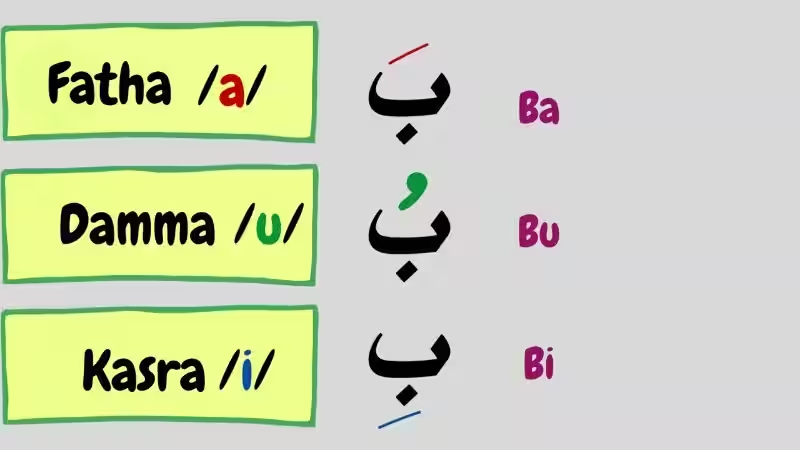
Learning to pronounce geographical names correctly can be more than just a matter of accuracy; it can be a bridge to cultural understanding and respect. This article dives into the intricacies of pronouncing “Syria,” exploring the nuances of its pronunciation, and hopefully shedding light on why there are subtle but important differences.
Understanding the Challenges
Pronouncing “Syria” correctly requires understanding the phonetic elements involved. It’s not just about getting the right sounds, but also placing emphasis and understanding the subtle variations that can exist. The word’s origin and how it’s used in different contexts contribute to the many possible interpretations. Different languages and cultures have varying approaches to pronunciation, influencing the manner in which the word is articulated. The critical aspect to remember is that “correct” is inherently relative, depending on the context and the audience.
Navigating the Sounds
The key to a good pronunciation lies in the accurate articulation of the sounds. “Syria” is a relatively straightforward word, lacking complex consonant clusters or uncommon vowel sounds. However, the placement of the stress and the precise pronunciation of each vowel are essential. Some languages might have different rules for handling similar sounds, subtly affecting the pronunciation. For example, the “y” sound might be pronounced differently in English than in some Arabic dialects.
Deciphering the Standard Pronunciation
While regional variations exist, the most common and widely accepted pronunciation of Syria follows the standard Arabic pronunciation. This standard is influenced by the language’s linguistic rules and historical context. Knowing the standard helps establish a baseline, making it easier to understand and compare other pronunciations.
The Importance of Context
While the standard pronunciation helps to establish a baseline, it’s essential to consider context. The manner in which one pronounces “Syria” can change depending on who you are speaking to. In an academic setting, a formal pronunciation may be required, whereas in informal conversation, a more relaxed style might suffice. This contextual awareness is crucial to avoid misinterpretations.
Exploring Regional Variations and Influences
While a standard pronunciation exists, regional variations in how “Syria” is pronounced do exist. These variations often stem from local dialects and historical interactions with other cultures. For example, in some regions, the stress might fall on different syllables. Understanding these nuances can be valuable in appreciating cultural diversity.
A Look at Other Languages
The pronunciation of “Syria” also varies depending on the language in which the word is being spoken. Although the standard Arabic pronunciation provides a good starting point, other languages may introduce their own phonetic rules, leading to subtly different articulations. A careful listening to native speakers in different contexts is always recommended.
The Impact of Writing Systems
The way “Syria” is written in different alphabets, including the Latin alphabet and Arabic script, can influence how it is pronounced. While the spelling in English might seem standard, other orthographic systems might lead to different phonetic interpretations. This is where understanding the underlying linguistic structures comes into play.
Historical Influences
The name “Syria” has a long history, and its pronunciation has likely evolved over time. Historical events, such as migrations, colonization, and cultural interactions, can dramatically alter the way a name is pronounced over time. Tracing these historical influences can provide a deeper understanding of the current pronunciation.
Cultural Considerations
Cultural context plays a significant role in how a geographical name is pronounced. Respecting cultural norms and understanding how certain sounds are perceived in different cultural settings is essential. In some cultures, pronouncing names with care is a sign of respect.
Beyond the Sounds
Remembering that pronunciation extends beyond the simple articulation of sounds. It encompasses the cultural understanding of the name’s significance in a given context. A name’s connotations within a culture can influence its pronunciation and usage.
Practicing the Perfect Pronunciation
Practicing the correct pronunciation of “Syria” is best achieved through consistent repetition and using resources like audio recordings or language learning tools. Listening to native speakers is critical.
Resources and Tools
Numerous resources can help you perfect your pronunciation. Online dictionaries and pronunciation guides, language learning apps, and even videos demonstrating how the word is articulated by native speakers are valuable tools.
Pronouncing “Syria” correctly, like any geographical name, involves more than just mimicking a sound. It’s about understanding the linguistic, historical, and cultural influences that have shaped its pronunciation. By exploring the nuances and context surrounding the word, we can gain a deeper appreciation for the complexities of language and culture. Furthermore, the ability to pronounce names correctly demonstrates respect for those with whom we interact.
How to Pronounce Syria?
This FAQ addresses common questions about the pronunciation of Syria, considering various perspectives.
What is the correct pronunciation of Syria?
The standard pronunciation of Syria, in English, is seer-ee-uh. The stress falls on the second syllable.
Are there regional variations?
While the standard pronunciation is generally consistent, regional variations may exist in other languages where the name is used. For instance, in some dialects of Arabic, the pronunciation might differ slightly. However, the English pronunciation, as referenced here, is the most common and generally accepted.
Why is a standard pronunciation important?
A consistent pronunciation is crucial for clear communication, especially in formal settings. When dealing with the name of a country, understanding the standard pronunciation is essential to avoid misinterpretations or misunderstandings.
How does the spelling affect pronunciation?
The English spelling of “Syria” can sometimes lead to mispronunciations. While the spelling guides the pronunciation, the key is to focus on the sound of each syllable rather than solely on the letters.
Are there any common mispronunciations?
One common mispronunciation is stressing the first syllable. A consistent and accurate pronunciation, as provided here, avoids this mistake.
How can I practice pronouncing Syria?
Practicing the pronunciation, both by listening and repeating, is key to mastering the correct pronunciation. Use online resources, recordings or native speakers to improve your delivery.
Is there a specific accent or intonation involved?
The pronunciation of Syria, in English, does not involve any specific accent or intonation patterns beyond typical English speech norms.
What are the phonetic symbols for Syria?
The phonetic representation of Syria in the International Phonetic Alphabet (IPA) is approximately /ˈsɪəriə/. (Note: IPA representations can vary slightly depending on the specific dialect and accent).








